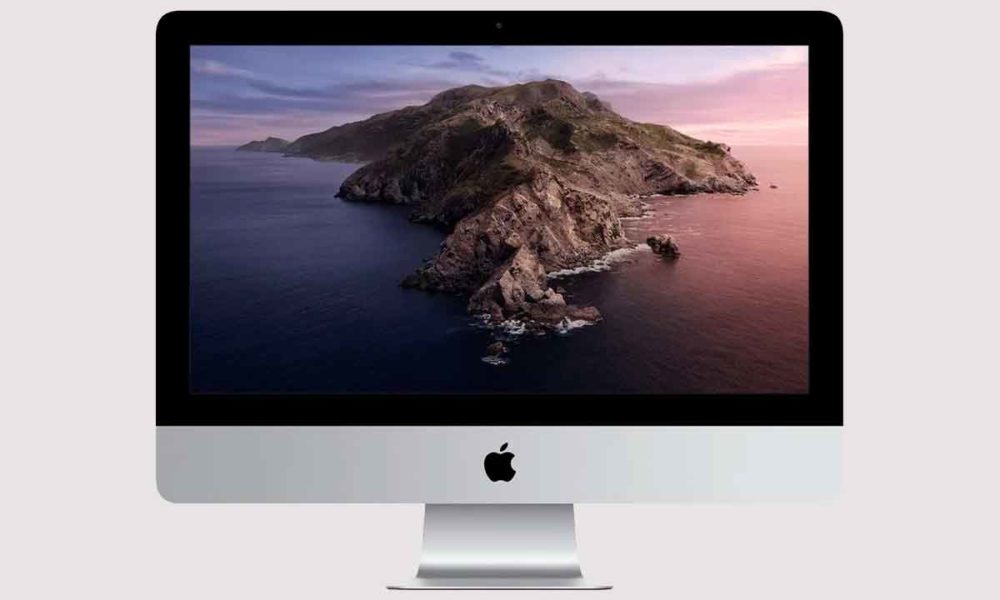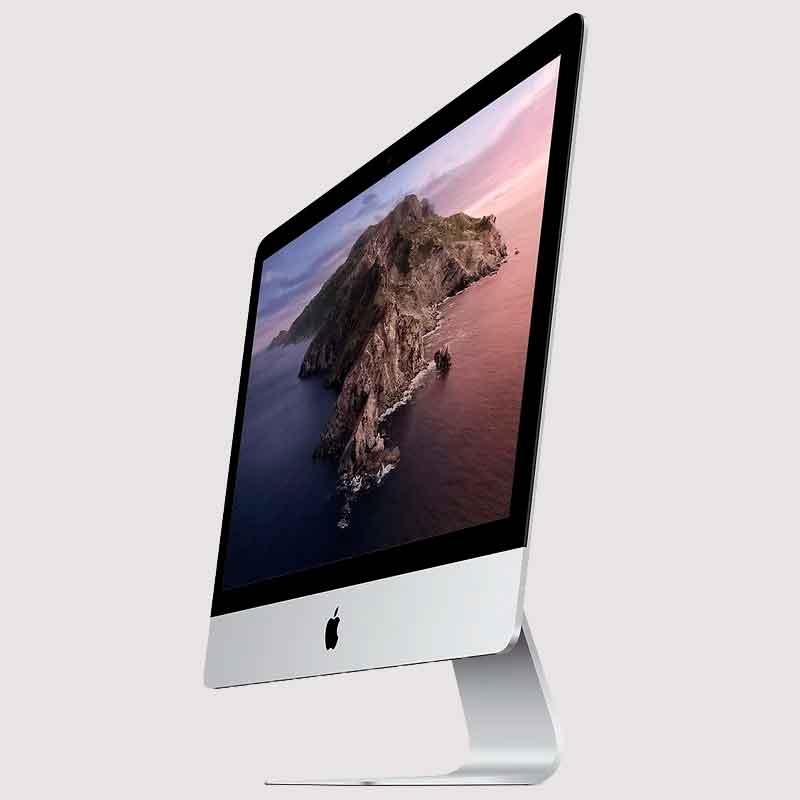
More than one person, at this point, is probably thinking: »¡¡Ah! But was the 21.5-inch iMac still for sale?«, And it would have its logic. However, yes, it is, unlike what has happened with all Apple laptop lines (MacBook Air and MacBook Pro), in which the presence of Intel processors is already just a memory of the past, if we talk about desktop computers, this transition is still half cooked, and so it will continue at least until next year, except for last minute surprises (which we cannot completely rule out either, after all we are talking about Apple).
Be that as it may, for a few months we have seen coexisting, in the Apple online store, 21.5-inch iMac with Intel processors, 24-inch with the Apple M1 SoC and 27-inch, again with Core i5 chips, i7 and i9. Now, with the arrival of the 24-inch iMac, which seemed set to replace the 21.5-inch veteran, the latter’s disappearance was something we knew was going to happen, we only needed to know when, and it has been now.
If you access the Apple store, to the section dedicated to iMac, you will see that now It is now only possible to buy the 24 and 27-inch models, the 21.5-inch has disappeared from the catalog. And what does this mean? Well, if, for whatever reason, you want to buy an iMac but you need it to have an Intel processor, you can only use the 27-inch model. However, and unless having an Intel chip is imperative, it certainly does not seem the best possible option.
Why? As we already told you a few days ago, with the arrival of macOS Monterey, for now Apple will continue to keep macOS compatible with Intel and Apple Silicon, but it is already immersed in a transition that makes the odd difference. For example, when looking at the Face Time functions, we find a function that will be exclusive to Apple’s SoC-based systems. At the moment it is an exception, but over time it will become more and more common.
Will they be important functions? In this respect I think not. Apple, I believe, will respect its users who fall on the side of Intel, giving scope so that they can still continue updating their systems (especially the most recent ones) for a few years, giving up in any case some secondary functions that, although attractive and interesting, do not make a difference in terms of being able to continue working normally.
What plans will Apple have when it comes to iMac for next year? The return of an iMac Pro is increasingly rumored with more force, which could potentially replace the current 27-inch iMac with Intel. Be it like that, or simply as a 27-inch iMac, what is evident is that the models equipped with Intel chips have their days numbered, even more so after seeing the recent presentation of the new M1s. Common sense suggests that we will see that change next year, unless Apple decides to repeat the pattern of last year, and surprises us with a new presentation in November, which at the moment does not seem very likely, but we cannot rule out either.
Once Apple introduces these new computers, and removes the 27-inch iMac from its catalog, it will have removed all references to Intel in its catalog … except for one exception, the Mac Pro. Apple’s most powerful computer, its top-of-the-line desktop, is also the most complex technical challenge for those in Cupertino. Currently equipped with Intel Xeon processors, today many of us wonder if it will be possible to obtain similar performance with an ARM-based chip. A little over a year ago I would have said no joke, but after seeing the tricks that Apple is doing with the M1, I am not so clear.
However, and if you are still interested in acquiring a 21.5-inch iMac, despite the fact that they are no longer available in the Apple online store, you can find some models, and also some of them discounted, in PcComponentes.
This article contains purchase link (s) with affiliate code of MuyComputer and / or its business partners for which MuyComputer can receive a remuneration. For this reason, we consider it important to clarify that their selection for publication always responds exclusively to editorial criteria, not to commercial interests.




